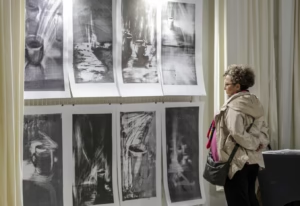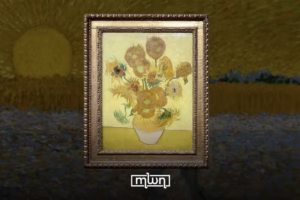Rabat – Morocco’s prehistoric heritage was at the center of a symposium in the French capital Paris last Friday.
Organized by the United Nations Educational, Scientific, and Cultural Organization (UNESCO), the symposium featured an exhibition of recent archaeological discoveries unearthed in the North African country.
Under the theme “the universal scope of prehistoric heritage,” the symposium showcased a number of significant archeological findings from Morocco, including the oldest Homo Sapiens in the world, dating back to 350 thousand years, found in the Youssoufia province in the Marrakech-Safi region.
The event also featured some of the world’s oldest items of adornment dating back to 142 to 150 years ago that archeologists discovered in Essaouira. Morocco had donated the artifacts for the symposium.
Speaking at the event, UNESCO’s Director-General, Audrey Azoulay, expressed her satisfaction with UNESCO holding this “high-level scientific dialogue” in a “booming field of study that needs international perspectives.”
Research into prehistory “needs to cross disciplines to advance knowledge,” Azoulay noted, adding that “prehistory, which is a heritage of humanity, is far from being a fixed and mythical moment.”
The UN official highlighted Morocco’s support for UNESCO’s efforts by hosting several forums and conferences, including the 7th International Conference on Adult Education (CONFINTEA VII ) that took place last Wednesday in Marrakech.
Morocco’s Culture Minister, Mohamed Mehdi Bensaid, also attended the symposium and said that the event was an opportunity for “researchers, experts, and scientists” to discuss the prehistoric heritage treasure that makes Morocco a cradle of humanity.
“In Morocco, if we are proud of the archaeological discoveries that we present to you today, we are also aware of the scientific challenges they represent and the problems posed by their preservation,” he explained.
Read Also: Morocco Unearths New Prehistoric Archeological Sites in Semara Region
















